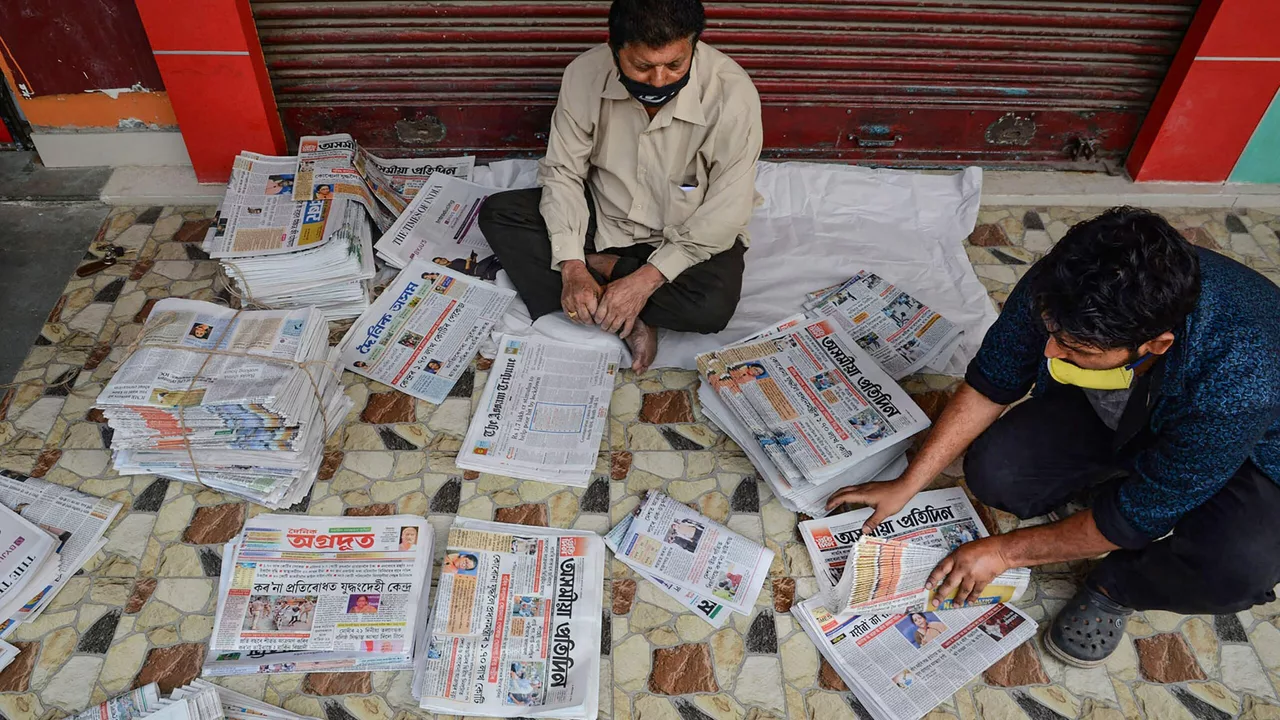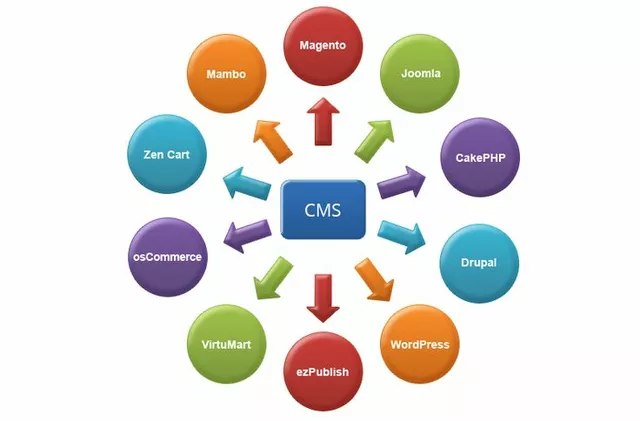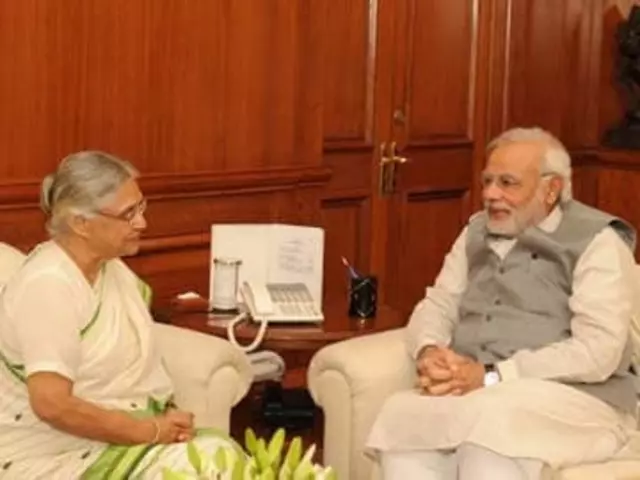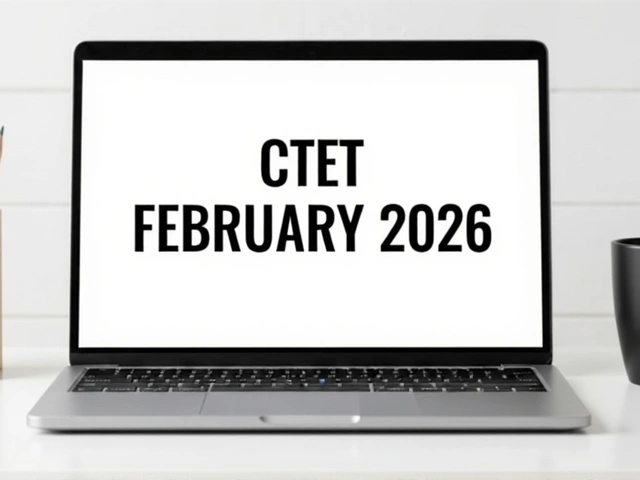Media Criticism — Spotting Bias in Indian News
Why does TV and online news in India often feel like a nonstop political show? Short answer: politics draws attention, drives emotions and sells ads. That matters when you want plain facts about other topics—like housing prices, city planning or property rules—because such stories get pushed aside.
This page collects clear, no-nonsense ways to read news better. If you care about real estate or any everyday topic, learning to spot bias saves time and keeps you from acting on half-truths.
Why politics hogs the spotlight
News outlets chase ratings and clicks. Political drama creates soundbites and easy conflict, so editors favor it. Reporters also work with limited time and staff, and politics is easier to cover live. Add opinionated anchors and social media echo chambers, and you get a cycle where political stories repeat and crowd out specialist reporting.
For property buyers and investors, the result is confusing headlines about policies or elections that sound urgent but leave out the practical details you need—like stamp-duty changes, land records, or how new rules affect a neighborhood.
How to read news with a critical eye
Start by checking the headline against the article. Does the headline promise a big claim that the body does not support? Headlines are written to pull clicks; the story should stand on its own.
Look for sources. Reliable pieces name officials, documents, or studies. If an article only cites "sources" or anonymous voices without context, treat it carefully. For property stories, expect references to government notices, municipal orders, or developer statements.
Pay attention to framing. Is the story built around a single quote or a dramatic image? Framing can push you toward one opinion. Ask: what’s missing? What counter-evidence would matter here?
Watch for loaded language. Words like "scandal," "crisis," or "war" signal opinion, not neutral reporting. Facts list numbers, dates, and locations; opinion layers judgments on top.
Check timing and repetition. If multiple outlets publish similar dramatic headlines at the same time, it might be a shared press release or a trending topic pushed by social media rather than fresh reporting.
Cross-check facts. Use at least two sources before trusting a headline—especially on policy changes that affect property or investments. Official government sites, municipal notices, and direct quotes from regulators are stronger than social posts or talk shows.
Finally, keep context in mind. A policy announcement may sound dramatic in isolation but mean little for most people. Ask how a story affects you directly: does it change prices, paperwork, or timelines? If not, it’s probably noise.
If you want straight answers about property amid all the political noise, look for niche outlets and specialist reporters who cover real estate regularly. They’re more likely to explain practical steps and show the documents behind headlines.

Why does the Indian news media only cover politics?
Well folks, let's dive into the spicy curry of Indian news media, shall we? It's like politics has become their favorite Bollywood superstar, always taking center stage! Why so, you ask? It's because political news sells like hot samosas in India, stirring up emotions, creating debates, and keeping the TRP ratings high. So, next time when you switch on the news and it's all politics, don't go 'why always this?', instead say 'here comes the spicy drama!'
Media Criticism



